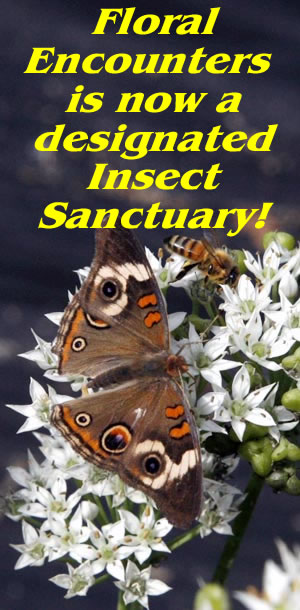Some insects will survive the die-off
But these wont be the ones that you want around
1. Bloodsuckers.
Mosquitoes don't care about pollination they don't care about seeds they
care about YOU. You are their meal and they will do anything to get to
you. Everyone knows that. The good thing about mosquitoes is that they
are a great food source for many birds, but they are not the only source,
Mosquitoes are small and although some small birds can survive eating
only these critters most cannot. So if they reduce in number then the
number of mosquitoes is going to go UP! That barbeque just got a whole
lot less pleasant.

2. Cockroaches.
Science has shown that cockroaches can survive a nuclear winter so an
insect die-off is a walk in the park to them. What it will mean for them
is less competition. They like to live in your home and eat our food.
Now there will be less animals that prey on them so their numbers will
increase too.
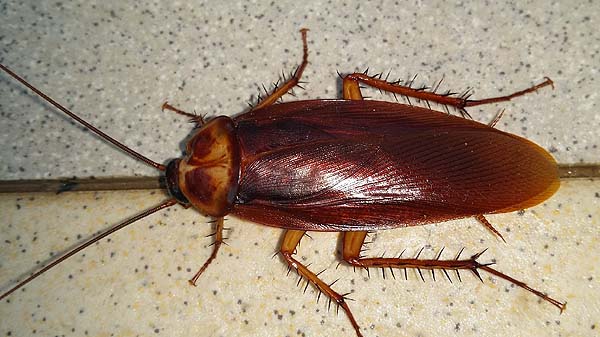
3. Blowflies and maggots.
Those annoying nasty big black flies that buzz around with such annoying
noise and lay maggots on any open meat like foods that they can. Blowflies
are pretty hardy insects can take lots of heat and raise their young on
dead animals. That might sound awful but it at least gets rid of dead
animals in the forest but its not so much fun when they find the ham you
left on the countertop. These insects will likely increase in number to
feed off all the dead stuff that going to be around from all the insect
dieoff. Clouds of blowflies are no fun.
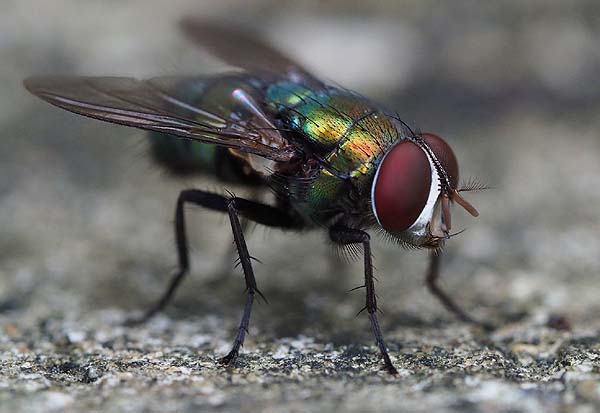
4. Plant pests.
Thinks like aphids, blackfly, whitefly, spider mites, scale insects, and
all those other nasty annoying bugs that come down and attack your plants.
For the most part these all have predators that will eliminate the problem
for you. Most times, there are always cases where they don't but not often.
In many cases we may have a problem and find its been fixed naturally
by time we get around to doing anything about it. Sometimes we don't even
realize there was a problem because the cleanup crew of predatory insects
get there and cleans it up before we even notice.
However if the predators of all these pests are eliminated they wont be
there to help us out. The plant pests will have free reign and devastate
our garden plants and our crops. The farmers answer is going to be spray
the heck out of it, so that will kill any predators that were left and
make the cycle even more difficult, plus add more toxic chemicals to your
foodstuff.
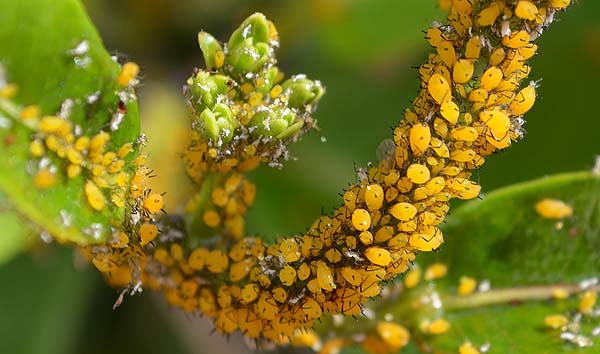
5. Ants.
Ants are wonderful adaptors. For the most part they eat almost anything,
there are a few exceptions but many eat insects, your picnic, what's in
your kitchen if they can get to it and anything they can find outside.
For the most part they are kept in check by other insect populations.
Many insects eat them, rodents eat them, even our cat eats them (but just
the little ones). With fewer other animals and insects around to keep
them in check they will expand their range and increase in numbers. Ants
are bad news. They don't pollinate, they will bit the back out of a flower
to get to the nectar without pollinating the plant. They eat all kinds
of fruit, vegetables, anything they can.
They will also encourage pest species like aphids and blackfly as they
feed on the sticky sugary 'poop' that these insects produce. They will
guard populations of these insects and fend off attackers. They will even
move the pests from one plant to another to give them more food for the
ants, thus spreading the pest insects further around.
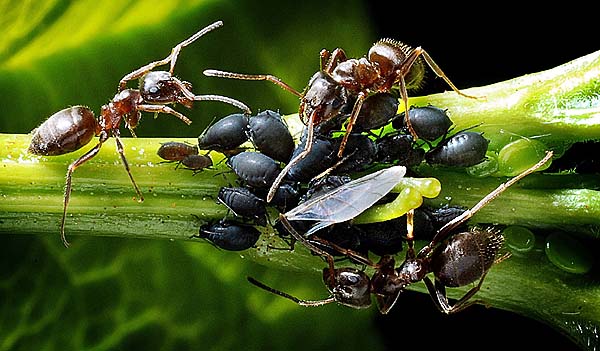
Many species can be pretty aggressive and will attack humans if they are working near the ants. Ants also tend to prefer sandy soils, especially sandy loams. Which is just about the perfect soil for growing good vegetables and the most desirable land for this use. So humans and ants are clashing over the best land. The major problem is that ants are extremely difficult to control and almost impossible to do organically. This is going to cause major problems very soon.
Without other insects, birds, amphibians, reptiles and small mammals too keep these insects in check we could be heading for a very unpleasant time with insects we really don't want around. So don't let it happen. Grow more plants to help the good insects, which will help the whole chain and keep the bad insects in check.
My thanks to the great photographers at Pixabay for most of the images in this article.
OTHER ARTICLES ON INSECT DECLINE AND HOW TO HELP
Lets save all the bees, not just the honey bees.
What a huge drop in insect numbers will mean to us
Some insects will survive the die-off.
Chemical Use Guidelines. Help to save the insects and the planet.
What you can do to help save the insects
Just buying organic is not enough to save the insects
References used in creation of these articles.
| Janice Hazeldine PhD is the owner and head grower of Floral Encounters an organic Medicinal Herb farm that is also a designated sanctuary for pollinators. |


